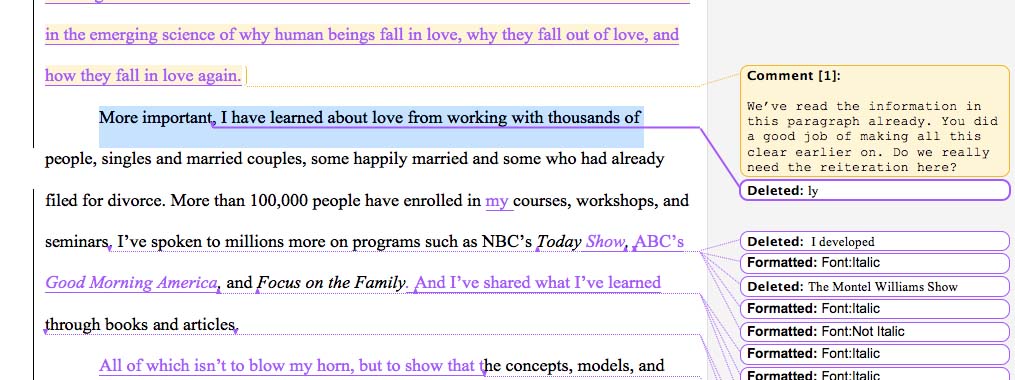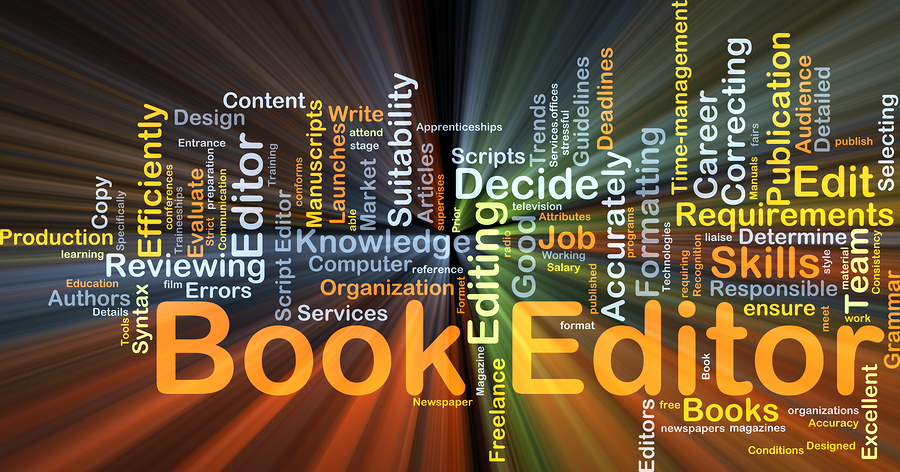You’ve done all the hard work of writing and pitching a book and now your agent has secured a contract for you. Congratulations! Now you’re set to work with an editor! You may have met the editor at a conference. You may have talked with the editor many times during 15-minute pitch sessions over several years. You may have attended their workshops and spotlight sessions at conferences. This may be your dream editor as a result of that rapport.
Or the editor may be your agent’s contact and is little more than a lovely publicity picture on a website – until now. Still a dream come true to be partnering with this editor. But you might swallow with a little bit of fear.
But know this: both of you have a common goal: to bring the reader your best work. As long as you remember this through the process, you should be feeling good about your work.
There Is More Than One Stage
Major publishers take a book through several editorial stages.
You’ll find one stage to be sure that the contents of the book make sense and that the story holds together. You may be asked to verify facts, work on timelines, and make changes. You might even discover that the editor wants a complete rewrite. This happens to both new and veteran authors. Now is not the time to get discouraged. Now is the time to work harder than ever. The editor is in that position thanks to hard-won experience, education, and knowledge.
There is also a proofreading process. This is critical since little errors can aggravate readers.
Then you should see a final copy of what the book will look like once it’s in print. The goal here is to catch minute errors, if any. This is a fun part of the process since you get to be a reader of your book and the majority of the work is done.
Be Prepared to Work at Every Stage
When the editorial process gets tough, a writer may wonder if the book needed this many revisions, did anyone really like it in the first place? The editor did and does love your book, but again, it is the editor’s responsibility to bring your best to the reader.
In rare instances, an editor can be unreasonable. If you feel this way, always approach your agent. We’ve seen edits and can help you determine if they are normal. Then we decide where to go from there.
Your turn:
How would you define a dream editor?
What was your best editorial experience? Your worst?









